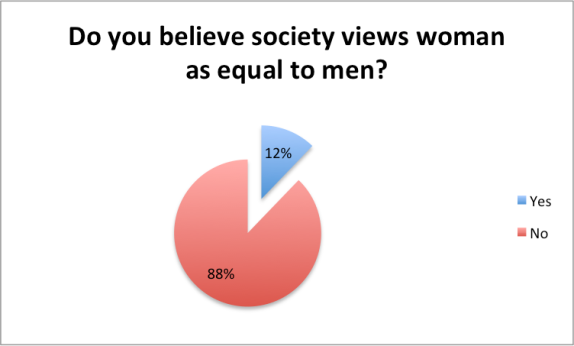From the moment we are born and wrapped in a blanket at the hospital, we are assaulted with gender norms and begin to develop a gender identity because society forced it upon us. Girls are given pink blankets and boys are given blue ones…but why? It is important to know the difference between gender and sex. This article explains it best, but to summarize it, “Sex refers to the natural biological differences between men and women, for example, the differences in the organs related to reproduction. Gender refers to the cultural, socially-constructed differences between the two sexes. It refers to the way a society encourages and teaches the two sexes to behave in different ways through socialization.”
You heard that right! Gender is 100% a social construct. Because gender identity was created by society, a person’s gender can be easily changed. In some cases, people refer to themselves as non-binary (this essentially means that they do not identify with either gender. These people typically prefer the pronoun “they”), while others experiment with their gender identity. Clothing and makeup is still heavily gendered today and geared towards women, which is why there is still somewhat of a stigma towards drag queens (male entertainers who pose as females) today, despite the popularity of shows like Rupaul’s Drag Race. More than just clothing and makeup is gendered, however. We gender nearly everything in our everyday life. Women and men should not be forced to like certain things just because society tells them they should (IE. men should like sports, women should like shopping).
I sat down with Kelly Balaban,23, to discuss gender roles and she had a lot to say. I will be posting that video below. But I want to end this post with an interesting thought: If children were born and not influenced in any way by society’s gender norms and stereotypes, how would they eventually identify and act? It’s definitely something to think about. A child could grow up without any pre-conceived notions of how to act, what toys to play with, what clothes to wear, etc. They would be completely open to identifying how they want to without the pressure of society telling them what they should and shouldn’t like.



